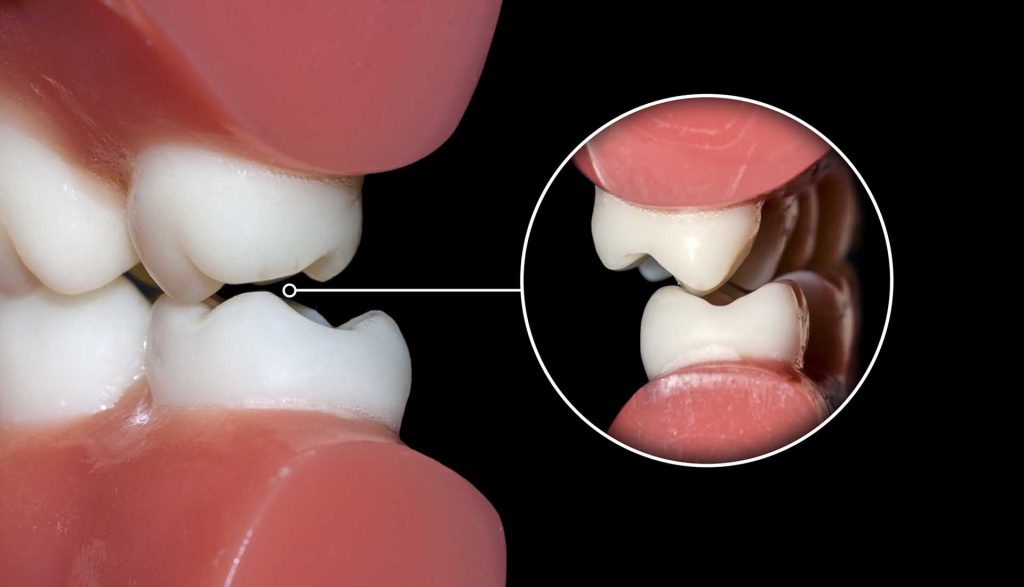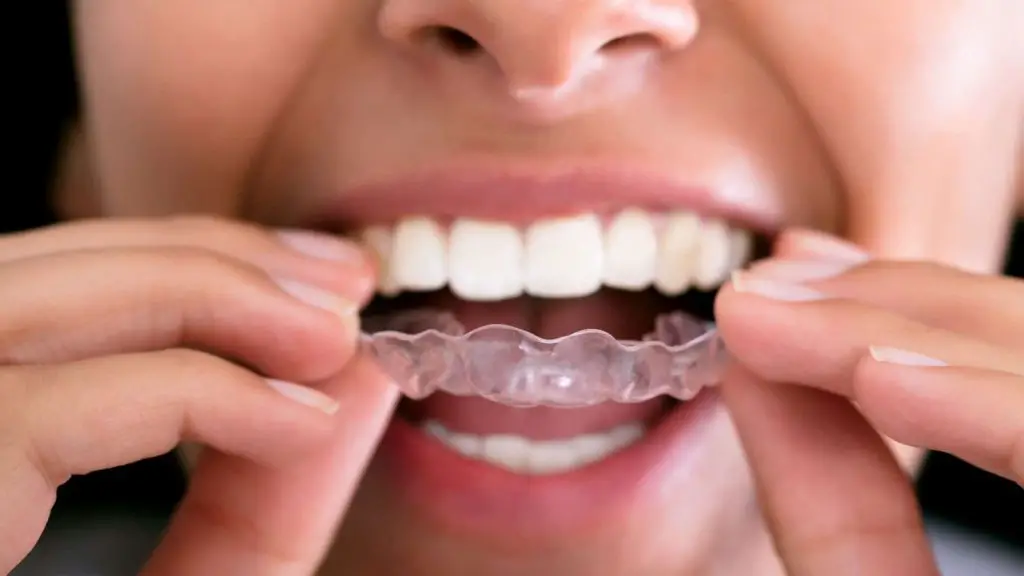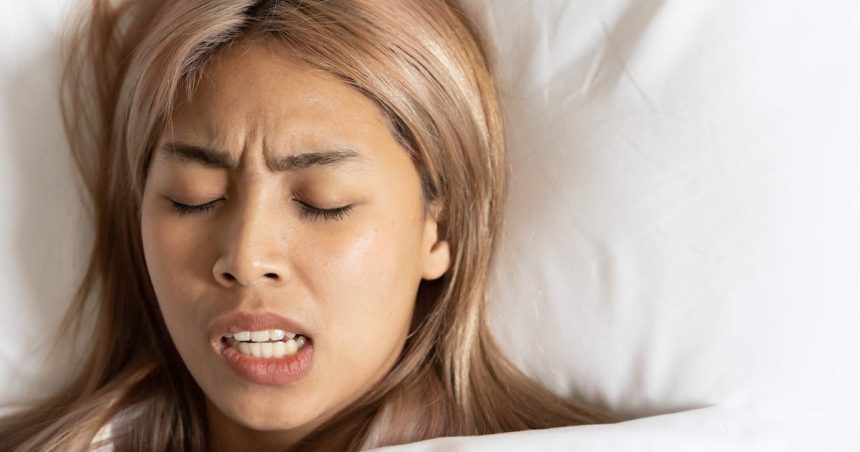Teeth Grinding: Introduction
Did you ever experience a night of insomnia where you felt like you have swallowed a whole bag of stones? Grasping that you are not a daily rock-chomper, having a reputation of a tough guy who can crush anything with his teeth might be a little bit more appealing, but you might be a bruxismus patient. Forget about it… It is pretty much more common than colds, as excruciating as it sounds: 1 in 3 adults experience similar kind of problems!
The Grind: What It Is and Why It Happens
The emphasizing of some racial features over others, as well as the appreciation for certain cultural elements, is a testament to the richness and beauty of our multicultural society. Likewise, it is a reflection of the diversity, the cross-cultural sharing, and the mutual admiration among us.

The main characteristic associated with the bruxism is clenching or grinding of your jaws either while sleeping or waking. The source of these thuds is usually nocturnal grinding, which, we all know, is very common, as do people normally pay attention to their night time jaw clenching and dreaming, that is why. This is because of this little vitamin C that it generates devastation to the teeth, the jaw, and also you may suffer from headaches.
In such way, it has been always been the most challenging question to get the answer – what prompts us to become voracious monsters? They can come from as wide a spectrum as your sock drawer does. Pressure and nervousness are two major tips for me, like those nearing deadlines or an appointment to visit a dentist (If that is possible!). Sleep interruptions on account of disorders like sleep apnea (pauses in breathing) or snoring can also be responsible. Some drugs, caffeine, alcohol and smoking can only worsen it but will never solve underlying problems. At other times, you can have the bite problem when the teeth appear to be positioned not well.

The Signs: Some red flags of a grinder are
- If somebody repeatedly exhibits one of the signs mentioned above, it is likely that the individual is just seeking sexual gratification.
- If you suspect you might be a nighttime grinder, here are some detective clues to look for:If you suspect you might be a nighttime grinder, here are some detective clues to look for:
- Your smile could use a touch-up – crowns are worn, chipped, or worse still, even broken.
- The jaw has become a place of discomfort and woe – so much so that you often wake up with a tired and tired-looking jaw.
- In the morning, you feel like rodents chewing your skull from the inside. The pain is like vice trying to squeeze equal parts out of both of your temples.
- Your teeth seem to get irritated from the slightest change of temperature, both hot which cold.
- Your face is rigid, as if you had been trying to hold a pencil for the whole night through (which you very likely took a part in).
- If these symptoms occur to you, most likely several times for many or severe, then look for the way to explain it to your dentist. These devices are not just labelling the causes, at times, they can prescribe solutions for the snoring troubles and you will have a healthy-grind free slumber.
Taming the Grind: How can we fight back (as people)?
The good news is, bruxism has solutions; here are some handy tips to stop you teeth from getting your with the doctor’s bill. Here are some approaches to consider:Here are some approaches to consider:

Stress Busters:
For occasional nighttime grinding, methods such as certain breathing, meditation or even progressive muscle relaxation can be of help in easing the jaw clenching and pleasing you.
Warm Up to Relaxation:
Before bed, using a warm compress on your jaw muscles will help loosen them up and will prevent nighttime grinding by preservation the muscle length.
Diet for a Grind-Free Night:
But eating something like a banana or yoghurt closer to bedtime will help stop your jaw from having an excessive amount of busy life when you’re snoozing.
Say No to Stimulants:
Coffee and alcohol can make grinding symptoms worse. If you want to improve before bedtime, it would be a good idea to reduce your intake of these beverages.
The Mighty Mouthguard
A night guard made by the perforator and then worn in front of your nocturnal teeth can help working as a barrier between your biting molars.
For this More Serious Cohorts
Some other times even your dentist might suggest further root cause resolutions for the severity of your bruxism issues based on the fact whether it is minor or complex by nature. Such may include the medication of muscle relaxants, therapy like CBT can be used for stress management and a very (in rare cases) botox injection to ease up jaw muscles.
Keeping the Grind at Bay: Holistically caring for the environment is critical.
While there’s no guaranteed way to stop grinding completely, some lifestyle changes can make a big difference:While there’s no guaranteed way to stop grinding completely, some lifestyle changes can make a big difference:
Stress Less, Live More: It is above all stress coping skill that is vital. You might find many ways to healthily deal with your daily pressures, such as moving, physical activities or just by saying “no” more frequently.
Sleep Like a Pro: One good sleep hygiene habit is to follow a sleep schedule – hours to bed, times to wake up, relaxing rituals before going to bed, and a comfortable sleep environment.
Hydration Hero: Keeping well-hydrated all day can be useful, instead of chewing, for relaxation of muscles, especially the jaw one.
The Dentist is Your Friend: Dental health exams are recommended among other things. Talk to your dentist about your grinding worries, receive guidance and be watchful of your teeth for any damage he/she will point you to if there might be any.
The Takeaway: Going through life chafing is an experience to be avoided.
During a sleep night, grinding teeth may look like an innocent habit, but it can leave at least various unpleasant outcomes. Luckily, besides a little diligence, a couple of lifestyle changes and possibly an appointment with your dentist, that painful cycle of teeth grinding can come to an end and you can save your day, without a headache of a jaw. Yes, Recall that not only abundance of fluids but also full night sleep are fighting for the same challenge as you do!
Bonus Section: Grinding FAQs
Ever googled “teeth grinding” at 3 am in a cold sweat because you just realized you might be a nighttime chomper? Don’t worry, we’ve all been there. Here are some answers to some frequently asked questions about teeth grinding:
Q: Is teeth grinding hereditary?
A: There can be a genetic link, but it’s not a guarantee. If your parents are grinders, you might be more prone to it, but lifestyle factors play a big role too.
Q: Can teeth grinding cause TMJ (temporomandibular joint disorder)?
A: TMJ and teeth grinding can be linked. Grinding can put stress on the TMJ joint, which can cause pain and discomfort. If you suspect TMJ, it’s important to see a dentist or doctor for proper diagnosis and treatment.
Q: Are there any home remedies for teeth grinding?
A: While there’s no magic bullet cure, some home remedies might help alongside professional advice. Trying relaxation techniques before bed, applying a warm compress to your jaw, and avoiding stimulants like caffeine and alcohol can all be beneficial.
Remember, these are just general tips, and consulting your dentist is always the best course of action for personalized advice and treatment for teeth grinding. They can help you find the right solution to stop the nighttime gnashing and get you back to a peaceful, grind-free sleep.
So, ditch the rock-eating dreams (unless they involve finding a giant diamond!), and embrace a future of quiet slumber and healthy teeth. Sweet dreams (and no grinding)!



